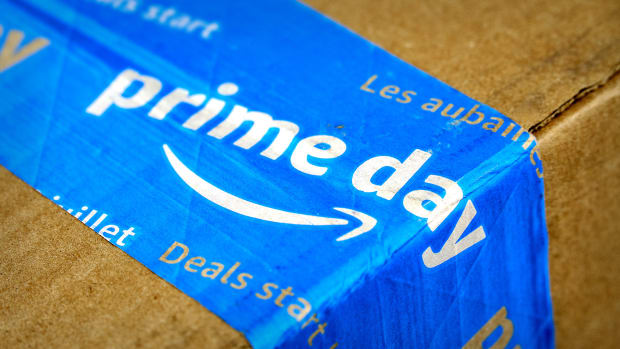It looks like the courtroom will be the battlefield in the war against bots.
A 'bot' (short for robot) is a computer program that operates as an agent for a user or other program. Bots also can be designed to simulate human activity.
Bots are at the center of the lawsuit between Tesla (TSLA) CEO Elon Musk and social media platform Twitter (TWTR).
They act as a virus on social networks by inflating engagement numbers and spamming comment sections, and social media companies do attempt to combat the problem.
Twitter says its "internal review of a sample of accounts" suggests that less than 5% of its monetizable daily active users were bots or "spam account" in the fourth quarter of 2021.
However, the company also admitted that its estimate "may not accurately represent the actual number of such accounts," and that the actual number could be higher.
Musk estimates that figure to be at least 20%.
A judge on July 19 will decide when the Musk/Twitter trial will begin.
While that legal proceeding plays out, another Silicon Valley company is going to court to battle a similar problem on its own platform.

Shutterstock
Amazon Sues Facebook Group Admins
Human bots are causing havoc at Amazon.
While the term 'human bot' may sound like an oxymoron, human fraud groups are a very real problem for social media companies.
"Although malicious bots are on of the primary ad fraud techniques used by fraudsters to generate fake clicks, increasingly sophisticated bot detection has led to the rise of another common method of click fraud: click farms run by actual humans," according to ad fraud solution provider Anura.
Amazon on July 19 filed a lawsuit against the administrators of more than 10,000 Facebook groups that the company says are orchestrating group fake reviews of products on Amazon in exchange for money or free products.
Amazon says it will use information it has discovered to identify bad actors and remove fake reviews commissioned by these pages.
The company says misleading reviews have been detected at Amazon's operations in the U.S., U.K, Germany, France, Italy, Spain, and Japan.
Amazon says it has more than 12,000 employees working to combat fraud and abuse, including fake reviews. The team scours Facebook, Instagram, TikTok, and Twitter for signs of bad actors and reports those persons and groups to those companies' administrators.
“Our teams stop millions of suspicious reviews before they’re ever seen by customers, and this lawsuit goes a step further to uncover perpetrators operating on social media,” said Dharmesh Mehta, Amazon’s vice president of Selling Partner Services. “Proactive legal action targeting bad actors is one of many ways we protect customers by holding bad actors accountable.”
One of the groups identified in the lawsuit had more than 43,000 members before Meta took action against them earlier this year.
The company says it has reported more than 10,000 fake review groups to Meta alone since 2020.
For its part, Facebook says that it has been proactive in combatting the problem while removing the "majority" of the offending groups and pages.
"Groups that solicit or encourage fake reviews violate our policies and are removed. We are working with Amazon on this matter and will continue to partner across the industry to address spam and fake reviews," Facebook spokeswoman Dani Lever told TheStreet.
Amazon says brokering fake reviews "remains an industry-wide problem, and civil litigation is only one step," and that it will collaborate with companies, social media sites, and law enforcement "to root out bad actors."
Amazon Prime Day Security
Last week, Amazon kicked off its annual Prime Day sale. With tens of millions of people hopping on the site to shop for deals, Amazon Prime Day is a big target for nefarious actors.
Researchers at Avanan, a New York-based email security company, said hackers are preying on the popularity of Amazon Prime Day and have sent out phishing emails to nab personal and financial information of consumers.
While Amazon shoppers are inundated with tons of emails and texts with deals and discounts, hackers are planning to phish as many people as possible and generate revenue.
The main reason that phishing scams are "so convincing is that they often mimic the look of a brand or a credible person down to a very fine detail," Ryan McCurdy, vice president of marketing at Bolster, Inc., a Los Altos, Calif.-based provider of automated digital risk protection, told TheStreet.
"Three-quarters of companies worldwide have experienced some form of phishing attack as it's one of the easiest tactics that hackers use to steal data from employees, customers and partners," he said. "To make matters worse, they prey on human action bias, with a call to action stating that attention must be taken right now."







